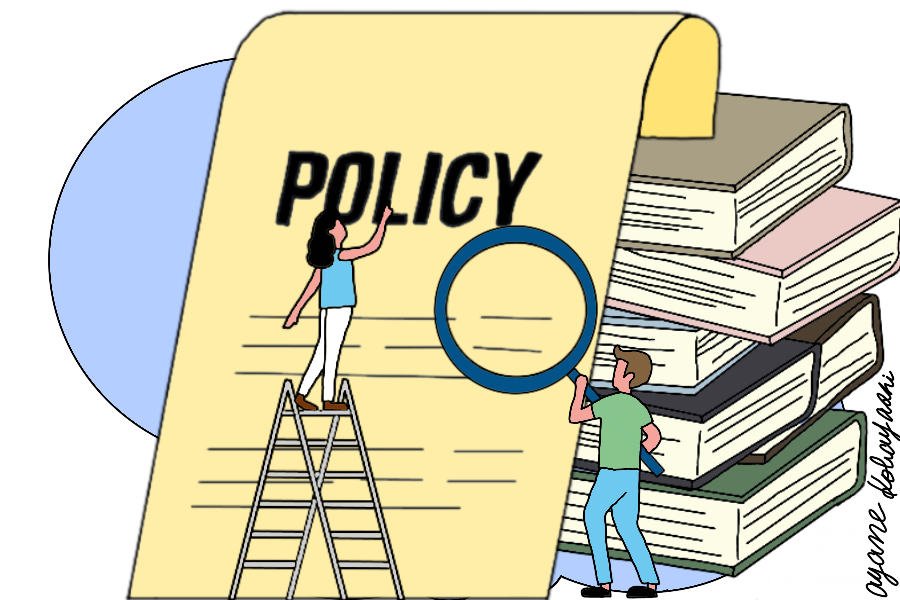It’s all about the details
Students should educate themselves on policy and bills
Some students debate current events and policy in school, while others are largely clueless about the news. The Sidekick editorial board thinks students should educate themselves appropriately.
February 11, 2022
As students, there is a weight on our shoulders for being the next leaders of the world. Whether it be choosing the leaders or becoming them, the future of tomorrow lies in the hands of the current generations. When it comes time to take action, it is crucial to develop a strong opinion.
The key to a strong opinion?
Education.
We are unprepared for the realities of being citizens of our country. The responsibilities we have include educating ourselves on events happening in our communities, in our country. In a time where the youth are diligently political, rushing to either side of the spectrum does not equate to fulfilling our duties. Educating ourselves on the details; the specifics about actions and ramifications of leaders’ actions is prevalently important..
How?
Well, with policy, of course.
We tend to equate politics with active progress, likely because we watch politicians duke it out on live television daily. Being politically aware simply means you are aware of yours and others’ opinions.
Knowing policy means to look deeper, into the actions of our leaders than the colors of their parties.
The problem with solely relying on political awareness is that it is easy to believe we have proper knowledge on education when in reality, we only know the surface. Knowing which party a leader associates with is not enough to take a stance. Recognizing local leaders such as mayors and governors, and the bills passing through our community gives us the awareness one should have to take a proper stance.
Remember, we do not have any time to waste once we turn 18. To make any worthwhile changes, the next generation of voters and leaders must have a plan. Enacting viable and effective policy is the best hope for a plan the next generation has. It is time for us to learn how to understand policy. Not stances, or political affiliations or parties, but the bills that will define our futures.
The policy we enact is often incomprehensible to those without an advanced legal background. While it may not be possible to fully understand policy in the form it exists in the courts, condensed forms are available for a wider audience on candidate websites and party platforms, as well as in the news.
That begins in our own communities. Start small with the occurrences that affect citizens the most. Read the news on local events, especially the occurences in Coppell City Council and Coppell ISD Board of Trustees meetings. Learn every little crack and crevice of a policy before voicing your support for it.
It is common for adults to blame younger generations for the lack of progress they see in the news. When they see history repeat itself in topics of political discourse, such as in the resurgence of racial justice as a political priority, they look to the new people in the political sphere, and that’s us.
It gets frustrating to take all of the blame, while also being the largest group of activists without a vote. There are little things we can do, though, to prepare ourselves to shape our futures to how we want them to be.
However, we cannot control our tomorrows if we do not know the current ordinances that run our governments.
We must learn and find every little injustice that needs to be eliminated in the policy that shapes our country. We can speak up, with our friends and parents, with our community. We all want something from this country. We don’t have the time to complain any more; we have to learn and we have to learn now.
And it goes beyond history textbooks, beyond our classrooms. Most Americans get their news from social media. How many of those Americans read beyond the headline, and excerpts on Twitter? How many of those Americans fact-check those sources, or look into the credibility of those reporters? Lacking resources is not an excuse to remain uninformed. There are credible, consistent news sources everywhere we look in the form of online websites and physical newspapers.
The power legislators hold exists in policy. To ensure we vote and support the correct candidates or stances, we have to understand the policy they promise implementation of.
Let’s educate ourselves before we make decisions.
Follow @CHSCampusNews on Twitter










